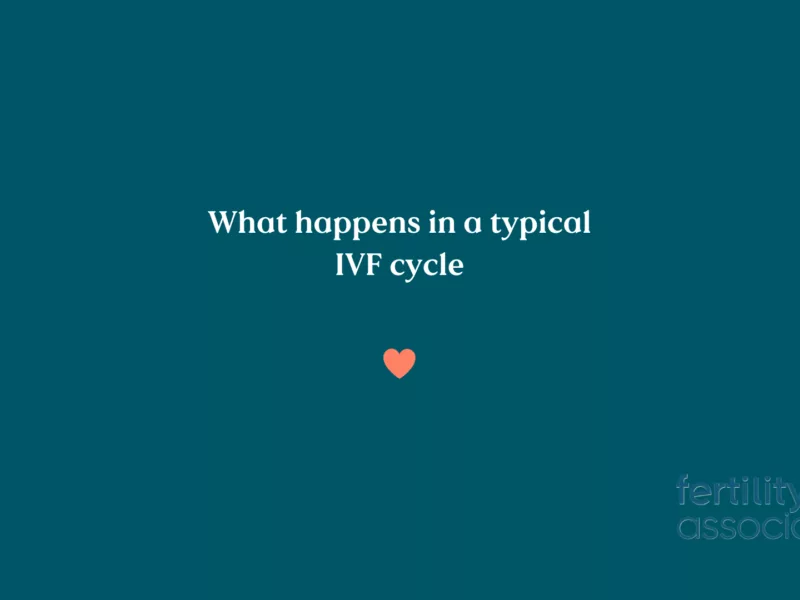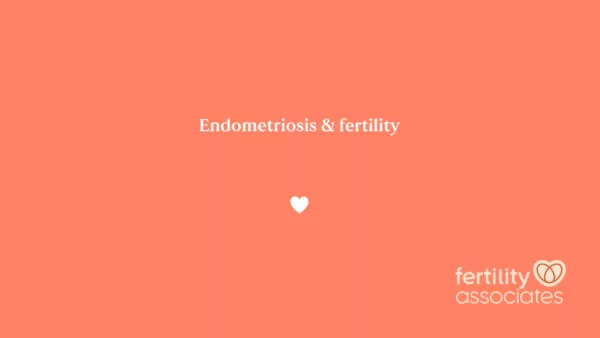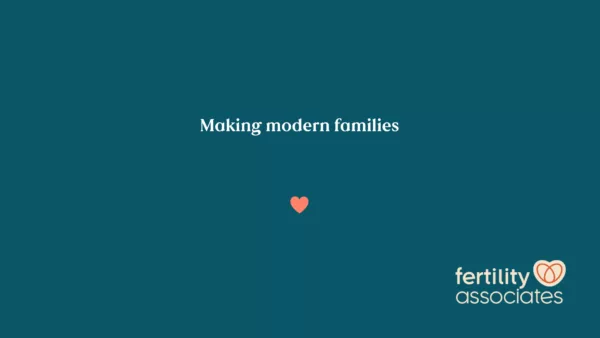What happens in a typical IVF cycle

Don't miss our first webinar of 2024 with our esteemed Group Medical Director, Dr Andrew Murray.
📅 Mark your calendars for Tuesday, 27 February at 7:30 pm. This is an event you won't want to miss!
Join Dr Andrew Murray as he takes you on a journey through a Typical IVF Cycle. Learn everything you need to know about fresh and frozen cycles, freeze all cycles, and the intriguing world of add-ons. There will also be a live Q&A at the end.
Don't miss this exclusive opportunity to learn from one of the best in the field!






